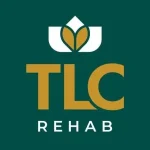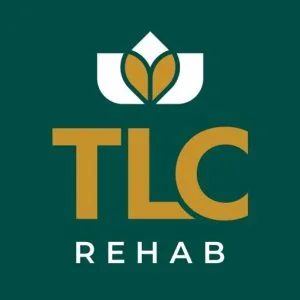
Top 5 Mental Health Disorders and Their Link to Addiction
Mental health disorders affect millions of people worldwide, influencing thoughts, behaviours, and emotions. Understanding the most common conditions—and their potential link to substance use—can be a vital step towards better mental health and recovery. Here are the top five mental health disorders and their connection to addiction.
1. Anxiety Disorders
Anxiety disorders, such as generalised anxiety disorder, panic disorder, and phobias, are characterised by excessive worry or fear. They are the most prevalent mental illnesses globally. The persistent tension and unease often lead individuals to seek relief through unhealthy coping mechanisms like alcohol or drug use, which can create additional challenges over time.
2. Depression
Major depressive disorder manifests as persistent sadness, a lack of interest in activities, and ongoing fatigue. These symptoms can feel overwhelming, driving individuals to self-medicate with substances in an attempt to escape emotional pain. Unfortunately, this often exacerbates the condition, increasing the risk of dependency and further mental health deterioration.
3. Bipolar Disorder
Bipolar disorder involves alternating periods of depressive lows and manic highs. These intense mood swings can leave individuals vulnerable to substance use as they seek stability during depressive episodes or enhancement during manic phases. Without proper treatment, these behaviours can worsen both the disorder and its physical consequences.
4. Eating Disorders
Conditions like anorexia nervosa, bulimia nervosa, and binge-eating disorder impact both mental and physical health. These disorders often co-occur with substance misuse, as individuals may use drugs, stimulants, or alcohol to suppress appetite or numb emotional distress. This dangerous combination can lead to serious health complications.
5. Obsessive-Compulsive Disorder (OCD)
OCD involves intrusive, persistent thoughts and repetitive behaviours performed to alleviate anxiety. Individuals with OCD may turn to substances to manage the anxiety caused by their obsessions or compulsions, potentially leading to substance dependence and further psychological strain.
Dual Diagnosis: The Intersection of Mental Health and Addiction
When someone experiences both a mental health disorder and a substance use disorder, it is referred to as a dual diagnosis or co-occurring disorders. These conditions are often interconnected in a cyclical relationship. Mental health issues can lead to substance use as a coping mechanism, while addiction worsens psychological symptoms, creating a challenging spiral that requires integrated care.
The Importance of Early Intervention
Addressing mental health disorders early is critical to preventing their escalation into more complex challenges, such as co-occurring substance use disorders. Early intervention helps individuals regain control before issues deepen and spiral into addiction.
Therapies That Work
- Cognitive Behavioural Therapy (CBT): Focuses on identifying and restructuring negative thought patterns.
- Dialectical Behavioural Therapy (DBT): Helps individuals manage intense emotions and improve interpersonal relationships.
These evidence-based approaches are often complemented by medication to stabilise moods and manage symptoms. Together, therapy and medication offer a foundation for long-term recovery. However, when left untreated, mental health disorders can increase the likelihood of substance use and the need for more intensive rehabilitation.
How TLC Rehab Can Help
For individuals struggling with dual diagnoses, comprehensive support is essential. At TLC Rehab, we provide an integrated approach to care, addressing both mental health conditions and addiction simultaneously. This dual focus ensures a more sustainable recovery and a healthier future.
TLC Rehab’s Comprehensive Programmes Include:
- Personalised Therapy: Tailored counselling to uncover and address the root causes of mental health and addiction challenges.
- Medical Support: Access to medical detoxification and symptom management for stabilisation during recovery.
- Lifestyle Adjustments: Training in practical skills to manage triggers, rebuild routines, and foster long-term stability.
- Ongoing Care: Aftercare services to ensure clients continue to feel supported as they reintegrate into their communities.
Take Home Message
Mental health disorders and addiction are complex issues, but they can be effectively addressed with the right care. Recognising the signs early and seeking help can prevent these challenges from escalating further.
At TLC Rehab, we understand that recovery is not a one-size-fits-all journey. By focusing on the root causes of mental health and substance use disorders, we provide clients with the tools and support they need to reclaim their lives and build a fulfilling future.
📞 Contact us today and take the first step toward recovery:
📍 81 Torrington Park, London N12 9PN
📞 020 3098 7007
✉ info@tlcrehab.co.uk
🌐 tlcrehab.co.uk

